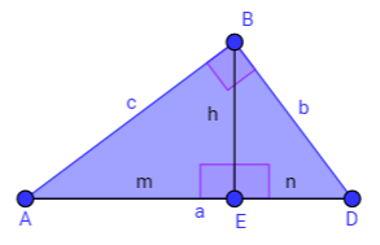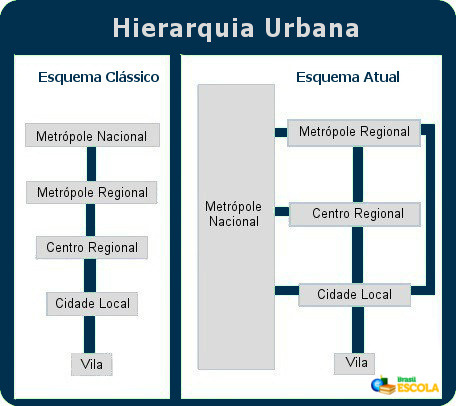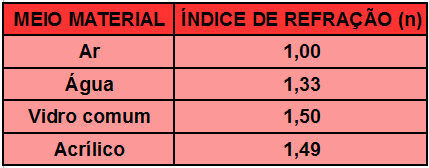When we changed the semantic field and the meanings of words and expressions, we create the Thought Figures, one of the four rankings of the Figures of Language. the thought figures they are: Irony, Antithesis, Paradox, Euphemism, Hyperbole, Prosopopeia or Personification, Apostrophe and Gradation.
→ IRONY
THE irony is a language resource that generates opposite meaning effects to the words and/or expressions of those we habitually use. This means that when we use irony, we are saying the contrary of denotative sense, satirizing some idea in order to ridicule or criticize. Thus, the irony must be very well constructed, otherwise the issuer may not be well understood. That figure of speech it is widely used in different textual discursive types and genres, such as advertising and literary texts.
Look at the examples:
"I had no children, I did not transmit to any creature the legacy of our misery." (Character 'Brás Cubas', in romanceThe Posthumous Memoirs of Bras Cubas (1881), by Machado de Assis.)
Vinicius is very smart. Failed for the third time!
→ ANTITHESIS
The antithesis is an association of contrary ideas through the approximation of words and/or expressions with opposite and contrasting meanings.
Look at the examples:
The love is nothing, respect is everything.
while love is much, the value given will be little.
→ PARADOX
Paradox it is an opposition between terms to build an idea. Thus, the paradox suggests an apparently absurd proposition, which is the result of a contradiction.
Look at the examples:
I learned to trustdistrusting.
How much more I Love, any less I have love.
→ EUPHEMISM
O euphemism consists of replacing unpleasant, impactful and/or strong words or expressions with others less aggressive. we resort to euphemism when we need to report unpleasant or shocking news. When we use this language feature, we are smoothingthe original idea.
Do not stop now... There's more after the advertising ;)
Look at the examples:
He went upstairs. (He died)
Paulo Henrique lacked the truth. (Paulo Henrique lied)
→ HYPERBOLE
THE hyperbole is an expression intentionally exaggerated to highlight some idea. This means that every time we refer to something in an exaggerated way, we create hyperbole.
Look at the examples:
Almost I died in scare.
I will help my family forever.
→ PROSOPOPEIA OR PERSONIFICATION
It consists of the attribution of human characteristics to other animals and/or inanimate objects.
Look at the examples:
O timefly.
O windscream and I shut up.
O birdiesang all morning.
→ APOSTROPHE
Apostrophe is a figure of speech realized through the vocative. It is used a lot by poets. It is the questioning of people, feelings or objects in order to emphasize an idea or expression. The apostrophe is characterized by the invocation of message receiver, evidencing the person, the feeling or the object.
Look at the example:
Ó,heavens!Ó,life!Ó,Lord God!
→ GRADATION
When we create a sequence of words or expressions in order to generate ideas for ascending or descending progressions, we are resorting to gradation. When the progression is ascending, the gradation is called 'climax'; when it is descending, it is called 'anticlimax'.
Look at the example:
He cried, screamed, kicked.
As we could observe, Thought Figures they are resources of styles used both in literary works and by speakers of the Portuguese language.
By Ma. Luciana Kuchenbecker Araújo
Would you like to reference this text in a school or academic work? Look:
ARAúJO, Luciana Kuchenbecker. "What are thought figures?"; Brazil School. Available in: https://brasilescola.uol.com.br/o-que-e/portugues/o-que-sao-figuras-pensamento.htm. Accessed on June 27, 2021.



